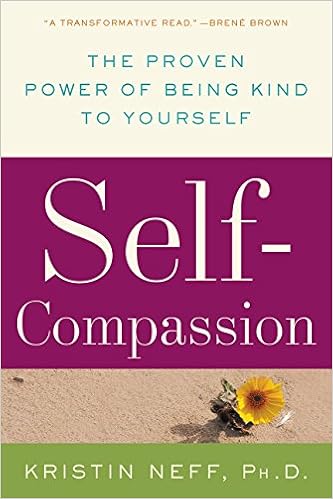This quote is so appropriate for today's book review; not only does it refer to the title of the book, but it was said by the British Prime Minister during WWII, the time and setting of today's book.
A couple of years ago, we were in California for Christmas, and my father-in-law gave this book to his father. It was called Into the Lion's Mouth. I overhead them talking about it, how it was the book about the spy who supposedly inspired the James Bond character.
Intriguing!
I eventually added it to my book list (only about 6 months ago), and my sister got me a copy for my birthday...and I finally got to it!
And, boy, was it good.

Dusko came from a wealthy, prominent family, and he was a young man when Nazi Germany came into power. Although a student at a German university, he despised the Nazis and wished there was something he could do to help fight against them. Eventually, he became a German spy who approached the British to work as a double agent. At the time of his early spy career, there was little that seemed to indicate that Germany would ever be stopped; but that did not stop Popov. He was a patriot through and through, and if he could have any part in potentially stopping the Germans some day, he was going to do it.
Popov was well-known as a playboy. He almost always had a girlfriend -- or two -- and he was known to live a lavish, expensive lifestyle. However, he was one of the most trusted spies for both the Germans and the British. As a double agent, Popov would get assignments from his German handler. He would share these assignments with the British, who would then give him misinformation to pass back to the Germans. This misinformation was absolutely essential to the Allied war movements, particularly when it came to D-Day. By giving the Germans misinformation, Popov was able to help the British have a clear way to invade France while the Germans focused elsewhere.
While his role may seem 'simple' enough, Dusko's spy life was certainly not without its dangers. But that didn't concern Dusko; he sought out danger and thrived an adrenaline. He was an excellent liar and played it cool under pressure. This came in handy multiple times as he was cross-examined by the Germans when his loyalty to the Nazis was questioned several times. Popov was willing to go anywhere necessary, even "into the lion's mouth", and risk everything for the right cause.
One thing I appreciated about this book was the more realistic perspective of what a spy actually experiences. When we see James Bond films, we often get the idea that Bond and other spies are people with no families who are angry with the world, lonely, and are fairly ruthless. In the case of the James Bond character, the is also in incredible ladies man, wooing any and every woman he meets. While there are some similarities, Popov gives a more realistic view. Although he was a ladies man, Popov often dated one woman exclusively at a time. In fact, his story talks of how he fell in love while on assignment in America. Popov also had a family who he loved very much and constantly worried about their safety and well-being during the war. In addition, Popov was probably quite conservative in his actions towards the enemy when compared to the Hollywood James Bond character. In fact, Popov mentioned in an interview that a real-life James Bond would have been dead in 48 hours. Popov, on the other hand, knew that to be a spy and stay alive mean more lying and deception than reckless fighting.
Reading Into the Lion's Mouth was absolutely fascinating. It was pretty incredible to read about a real-life spy -- not just a spy, either, but one of Britain's top spies in history -- that ultimately helped turn the tables for World War II. The author, Larry Loftis, also writes the story in an intriguing way. This book is sort of a mixture between a history textbook and a novel. He tells the story so eloquently but also offers documents and resources that show the reality of Popov's existence as an actual person but also his work as a double agent. By combining research and facts with a storytelling writing style, Loftis provides an exceptionally captivating read.
I'd definitely recommend giving this book a read for yourself!





